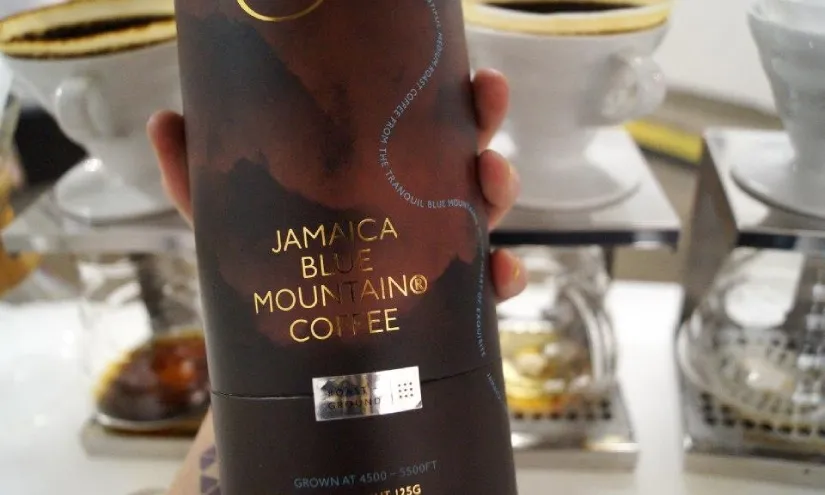5031
0
Applications of NFT Technology in Supply Chain
Oubu has developed an efficient solution using Blockchain to prove the authenticity of coffee beans, company assigns an NFT to each

Yazar: Charles Porter
Yayınlanma: 5 Ekim 2022 09:51
Güncellenme: 4 Mart 2026 16:33
Applications of NFT Technology in Supply Chain
There is a widespread counterfeit problem in supply chains for health-related products such as luxury goods, pharmaceuticals and all types of food. Methods to detect counterfeit products are often inadequate. Complaining about this problem, Jamaican Blue Mountain exporter Oubu has developed an efficient solution using Blockchain to prove the authenticity of coffee beans. The company assigns an NFT to each coffee barrel. This NFT data includes details from picking, sorting and transportation.
Thanks to the Blockchain technology that feeds the NFTs, end users are able to track coffee beans with unique codes. As a result, customers are not only assured that the coffee is authentic. Local smallholder farmers also have the opportunity to build long-term business relationships. The approach taken by Oubu is representative of how NFTs are often applied to solve the authenticity verification problem of the supply chain. Each product in the system, whether it is a fashion item, a bottle of wine or a piece of custom jewelry, receives its own NFT with additional information provided in its metadata. This will also allow supply chain operators and managers to examine the journey of their products on a micro level. As a result, each product receives a certificate of authenticity and provenance that is immutably stored on the Blockchain. An example is a certificate issued by Chai Vault, an anti-fraud solution for wines and spirits. Like Chai Vault, other technology companies dedicated to solving supply chain problems through NFT solutions are hard at work. One of them is Everledger. The company highlights its Everledger identity, which adds metadata to products. It also offers an NFT printing service, allowing its customers to create NFTs without encoding information. To reduce NFT printing costs, Everledger uses proof-of-authorization consensus, where only approved network validators can verify transactions. Linking Physical Products to NFTs Physical products can be reliably connected to NFTs. There are two ways to do this. For example, Everledger uses mobile device-interactive smart tags to provide traceability and source tracking. This uses a technology called NFC, where each tag has a unique serialized online ID. NFC is a common way to tag products and attach them to NFTs. Companies can also use QR codes instead of NFC for the same purpose. However, QRs are easy to copy. An NFC tag, on the other hand, stores a key that is used to generate a unique code with each scan. These codes can be verified on servers that prove the authenticity of the linked physical object. Just like an NFT, it does not store the underlying asset, only a link to it. NFC does not store the NFT. Instead, it only creates a link to the physical product. Another common tagging method is RFID. RFID is known as radio frequency identification. NFC technology requires the physical product tag to be scanned over a short distance via a smartphone. RFID, however, can work over longer distances. It also has the ability to read many tags at the same time. Source: nfxhaber.com Follow Global Economic Developments on Social Media! Click here to follow Ieconomy official Facebook account! Click here to follow Ieconomy official Instagram account! Click here to follow Ieconomy official Twitter account!İLGİLİ HABERLER





European stocks soared and focus shifted to German retail sales after Powell's speech!

Forex Signal For TRY/USD: Inflation Slowdown in November.

Forex Signal For GBP/USD: Bullish Trend Still Not Breaking While Recovery Continues.

Forex Signal For EUR/USD: Starry US Data Points to Higher Fed Increases.

Forex Signal For BTC/USD: Downside Continues as Bitcoin Recovery Moves Less.
En Popüler Haberler
Yorum Yap
Yorumlar
Henüz yorum yapan yok! İlk yorumu siz yapın...